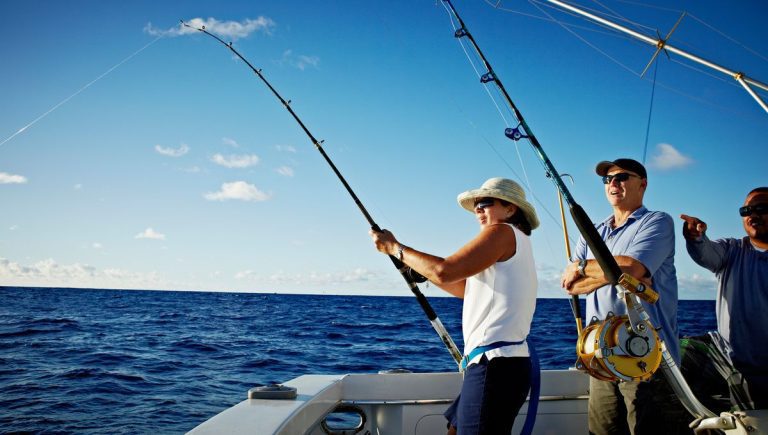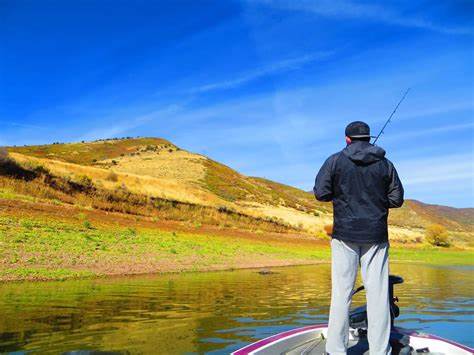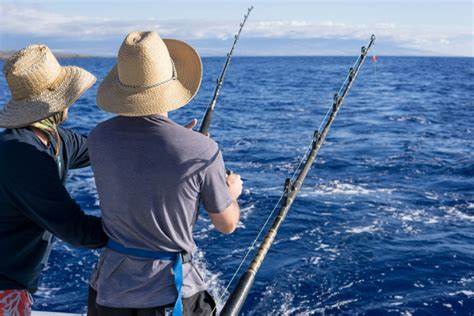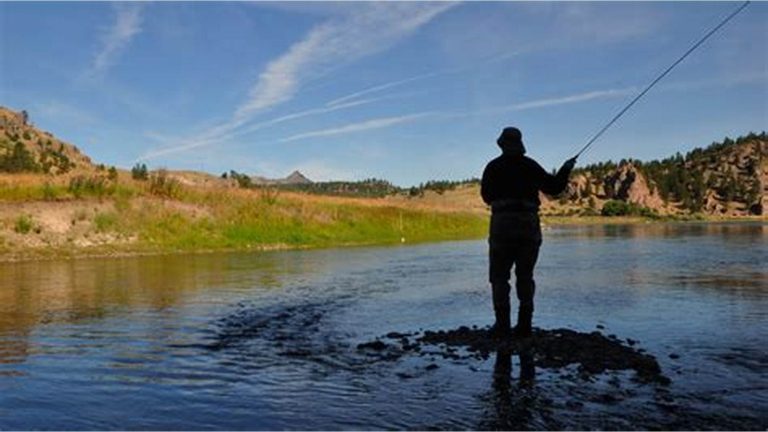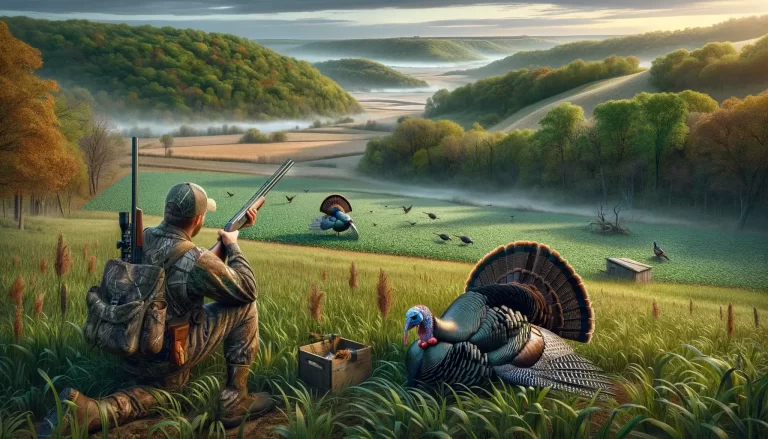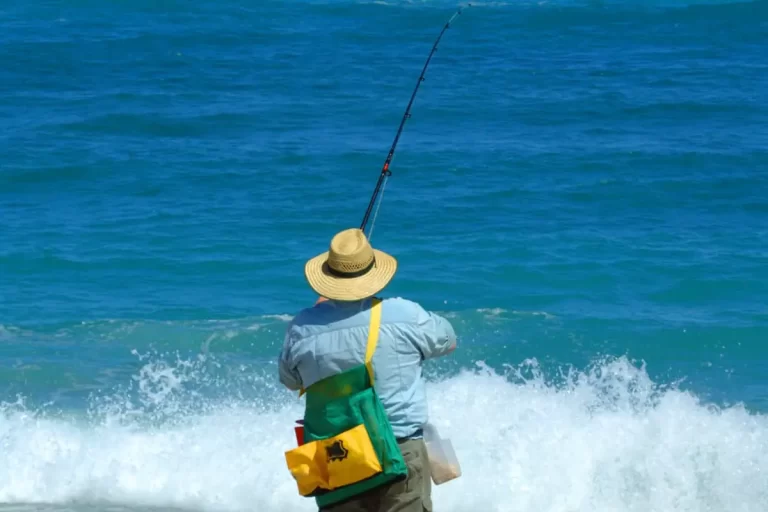Are you an avid angler dreaming of casting your line in the pristine waters of Indiana? Or perhaps you’re a newcomer to the sport, eager to experience the thrill of your first catch? Regardless of your experience level, obtaining the proper fishing license is an essential step before embarking on your angling adventures in the Hoosier State.
In this comprehensive guide, we’ll dive deep into the world of Indiana fishing licenses, covering everything from costs and types to exemptions and purchasing options. By the end, you’ll have a thorough understanding of the licensing process, ensuring that you’re fully prepared and compliant for your upcoming fishing excursions.
Understanding the Importance of Fishing Licenses
Before we delve into the specifics, it’s crucial to recognize the significance of obtaining a valid fishing license in Indiana. These licenses serve a dual purpose: not only do they ensure that you’re legally permitted to fish in the state’s waters, but they also contribute directly to the conservation and management of Indiana’s aquatic resources.
By purchasing a fishing license, you’re playing an active role in supporting the Indiana Department of Natural Resources (DNR) and its efforts to maintain healthy fish populations, protect habitats, and promote sustainable fishing practices. Your contribution helps fund critical research, stocking programs, and educational initiatives that benefit both anglers and the environment.
Resident vs. Non-Resident Fishing Licenses
One of the first distinctions you’ll encounter when exploring Indiana fishing licenses is the difference between resident and non-resident permits. Let’s break down the costs for each category:
Resident Fishing Licenses
If you’re a legal resident of Indiana, you’ll have access to the following license options:
- Annual Fishing License: $23
- One-Day Fishing License (includes Trout/Salmon Stamp): $10
- Annual Senior Fishing License (Age 64 and older): $3
- Senior Fish-for-Life License (Age 64 and older): $23
- Voluntary Senior Annual Fishing License: $3
- Trout/Salmon Stamp Privilege (Required for trout and salmon fishing, except for seniors): $11
Non-Resident Fishing Licenses
For those visiting Indiana from out of state, the license fees are slightly higher:
- Annual Fishing License: $60
- Seven-Day Fishing License: $35
- One-Day Fishing License (includes Trout/Salmon Stamp): $15
- Trout/Salmon Stamp Privilege: $11
It’s important to note that these fees are subject to change, so it’s always a good idea to check the Indiana DNR website or contact them directly for the most up-to-date information.
Types of Indiana Fishing Licenses
Now that you understand the cost breakdown, let’s explore the different types of fishing licenses available in Indiana:
Annual Fishing License
The annual fishing license is the go-to option for avid anglers who plan to fish frequently throughout the year. This license is valid from April 1 of the current year through March 31 of the following year, providing you with ample time to enjoy your favorite fishing spots.
One-Day Fishing License
If you’re a casual angler or visiting Indiana for a short period, the one-day fishing license might be the perfect choice. As the name suggests, this license allows you to fish for a single day, making it an ideal option for those with limited time or those who want to test the waters before committing to an annual permit.
Seven-Day Fishing License (Non-Residents Only)
Non-residents who plan to fish in Indiana for an extended period can opt for the seven-day fishing license. This convenient option provides a cost-effective solution for those who want to enjoy a week-long fishing getaway without the commitment of an annual license.
Senior Fishing Licenses
Indiana recognizes the passion for fishing among its senior citizens and offers special licenses for those aged 64 and older. The annual senior fishing license is available for a nominal fee of $3, while the senior fish-for-life license costs $23 and is valid for the remainder of the holder’s life.
Trout/Salmon Stamp Privilege
Most fishing licenses in Indiana include the Trout/Salmon Stamp privilege, allowing you to fish for these species. However, if you have an annual fishing license (excluding seniors), you’ll need to purchase an additional $11 Trout/Salmon Stamp to legally target trout and salmon.
Fishing License Exemptions in Indiana
While obtaining a fishing license is generally required, Indiana recognizes certain circumstances where exemptions may apply. Here are the groups that are exempt from needing a fishing license in the state:
- Residents born before April 1, 1943
- Youth under 18 (both resident and non-resident)
- Legally blind residents
- Residents of state-owned mental rehabilitation facilities
- Residents of licensed health care facilities participating in supervised fishing activities
- Landowners and their families fishing on their own property (with conditions)
- Non-resident landowners (with conditions, based on reciprocal rules with their home state)
- Disabled American veterans (special DAV licenses available at discounted rates)
It’s essential to carry proper identification or documentation to verify your eligibility for any exemptions when fishing in Indiana.
Where to Purchase Indiana Fishing Licenses
Now that you understand the different types of licenses and exemptions, let’s explore the various options for purchasing your Indiana fishing license:
Online Purchase
In today’s digital age, the Indiana DNR offers a convenient online platform (on.IN.gov/INHuntFish) where you can purchase your fishing license from the comfort of your home or on-the-go. Online purchases include a small fee for system support maintenance and credit card processing.
In-Person Purchase
For those who prefer a more traditional approach, you can purchase your Indiana fishing license in person at various authorized retailers across the state. These include bait shops, sporting goods stores, and other approved vendors. This option allows you to obtain your license while stocking up on essential fishing gear and supplies.
Phone Purchase
If you prefer a more personal touch, you can call the Indiana DNR’s dedicated hotline to purchase your fishing license over the phone. This option is particularly useful if you have specific questions or need assistance with the licensing process.
Regardless of your preferred method, it’s crucial to keep your fishing license readily available, whether in printed form or as an electronic copy on your smartphone. Indiana Conservation Officers may request to see your license during fishing activities, and failure to present a valid license can result in fines or penalties.
Free Fishing Days in Indiana
In an effort to promote and encourage the sport of fishing, Indiana offers several free fishing days throughout the year, allowing residents and non-residents alike to enjoy the state’s waters without needing a fishing license. In 2024, the free fishing days are scheduled for:
- Sunday, May 12
- Saturday-Sunday, June 1-2
- Saturday, September 28
While no license is required on these designated days, anglers must still comply with all other fishing regulations, including season, bag limits, and DNR policies.
Staying Informed and Responsible
As an angler in Indiana, it’s essential to stay informed about the latest regulations, policies, and updates regarding fishing licenses. The Indiana DNR website is an excellent resource for up-to-date information, including license fees, fishing reports, and conservation efforts.
Additionally, it’s crucial to practice responsible and ethical fishing practices. This includes adhering to catch limits, respecting the environment, and promoting sustainable fishing methods. By doing so, you’ll not only ensure a more enjoyable experience for yourself but also contribute to the preservation of Indiana’s rich fishing heritage for generations to come.
Conclusion
Obtaining a valid fishing license in Indiana is more than just a legal requirement – it’s a commitment to supporting the conservation and management of the state’s aquatic resources. By understanding the costs, types, exemptions, and purchasing options, you can make an informed decision and embark on your fishing adventures with confidence and peace of mind.
Remember, fishing licenses play a vital role in funding critical research, stocking programs, and educational initiatives that benefit both anglers and the environment. So, whether you’re a lifelong angler or a newcomer to the sport, make sure to secure your fishing license and do your part in maintaining Indiana’s rich fishing heritage.
